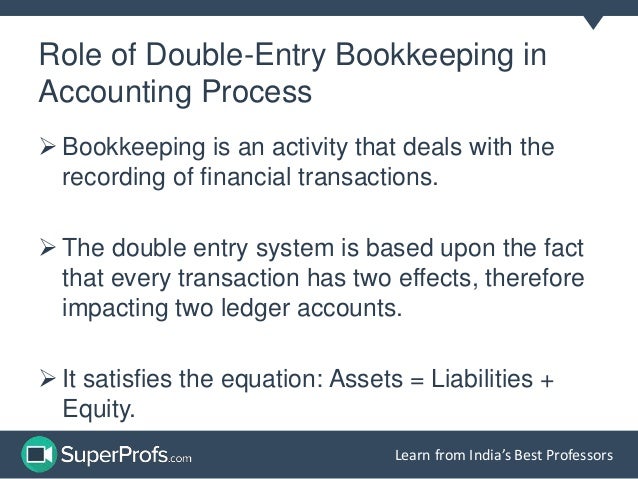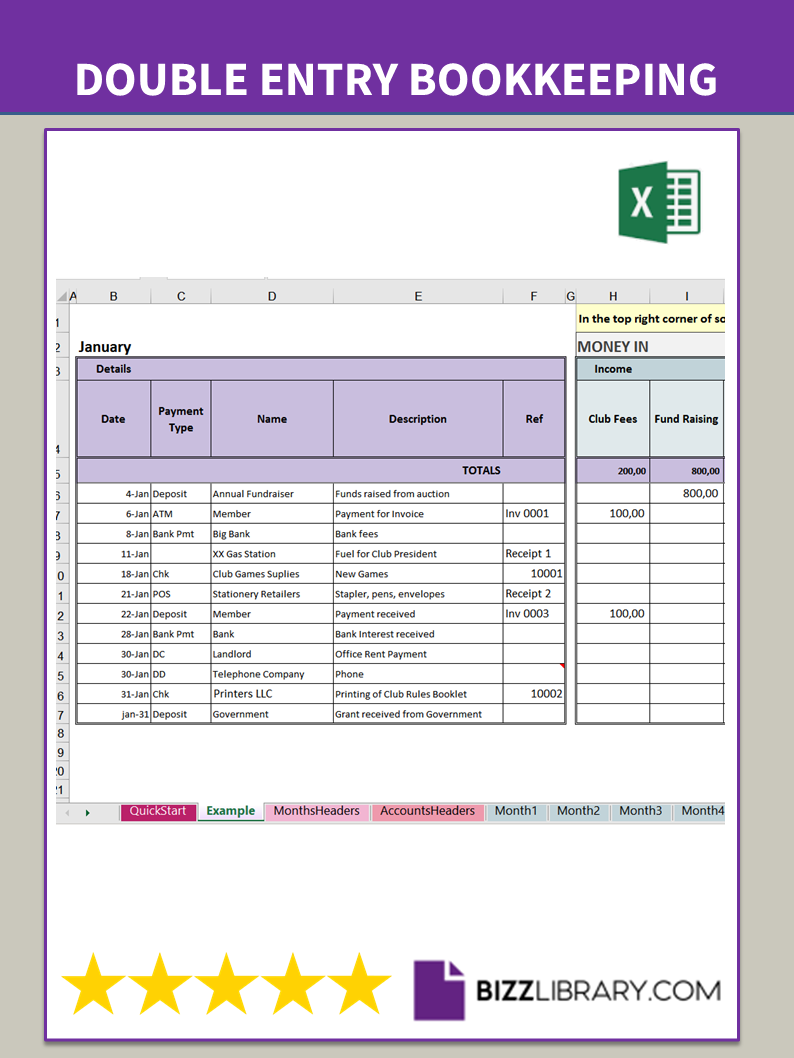
The invention of double-entry bookkeeping is often attributed to Luca Pacioli, an Italian mathematician and Franciscan friar commonly called the “Father of Accounting.” Although Pacioli did not invent the system, he was the first to systematically describe and document its principles in his seminal work, “Summa de Arithmetica, Geometria, Proportioni et Proportionalita” (1494). Chartered accountants across the world still use this system. This system provided a more organised and accurate method of tracking financial transactions and laid the foundation for modern accounting practices. The Invention of Double-Entry Bookkeepingĭouble-entry bookkeeping, a revolutionary development in the history of accounting, emerged in Italy during the late 13th and early 14th centuries. This was an early form of tax accounting. The Roman Empire also used a form of taxation called tributum capitis, which required citizens to pay a poll tax. In Ancient Egypt, pictures, words and numbers were used as a more sophisticated accounting system was developed to keep track of agricultural production. These tokens represented different quantities of goods and services, such as grain, livestock, and tools. The earliest records of financial transactions date back to 300 BC when clay tokens were used as a form of currency in Mesopotamia. Mesopotamia is widely considered to be the birthplace of accounting. Early Accounting SystemsĮarly accounting systems date back thousands of years and include: Mesopotamia

In this article, we will look at how accounting has changed from the simple use of tokens to today’s sophisticated modern accounting systems. As such, accountants play a vital role in ensuring economic stability within our societies.

Today, modern accounting systems are used by all types of organisations to monitor their finances and make informed decisions about money management. The invention of double-entry bookkeeping in the 15th Century revolutionised accounting by introducing new methods for tracking income and expenses. It allows businesses and individuals to track financial transactions, understand spending habits, and plan for the future.Īccounting has been around since ancient times with primitive accounting methods, but it has evolved over centuries as economies have become more complex. Introduction to a Brief History of AccountingĪccounting is an essential part of any society that operates on a monetary system. Conclusion to a Brief History of Accounting.

VII History of Accounting – Financial Year End.Technological Advancements in Accounting (Late 20th – 21st Century) Brief Accounting History – Company Legislation History Creation of Generally Accepted Accounting Principles (GAAP) (20th Century) The Invention of Double-Entry Bookkeeping Introduction to a Brief History of Accounting


 0 kommentar(er)
0 kommentar(er)
